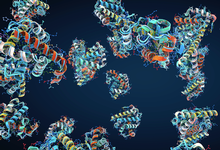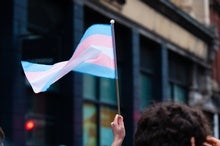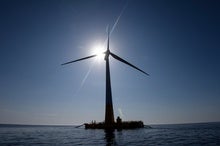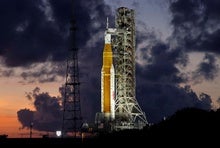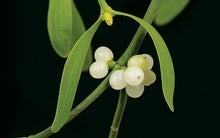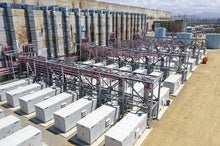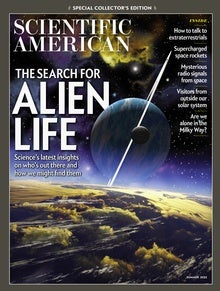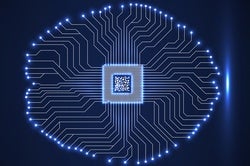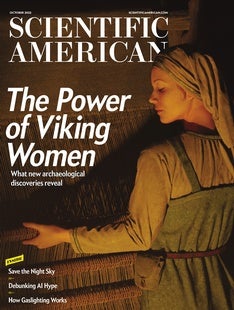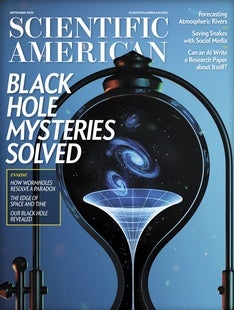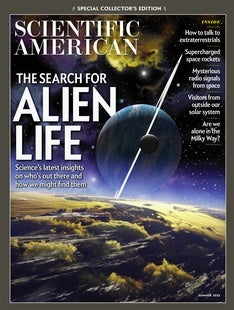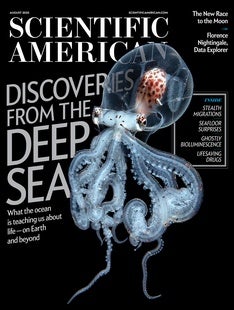 |
| September 27, 2022 |
Dear Reader,
The researchers who develop artificial intelligence fall into two camps: optimistic dreamers and problem-focused pragmatists. That's what computer scientist Ben Shneiderman argues in this week's featured story. He also explains why it will take both types of thinkers to develop next-generation AI technology. |
| | Sophie Bushwick, Associate Editor, Technology
| |
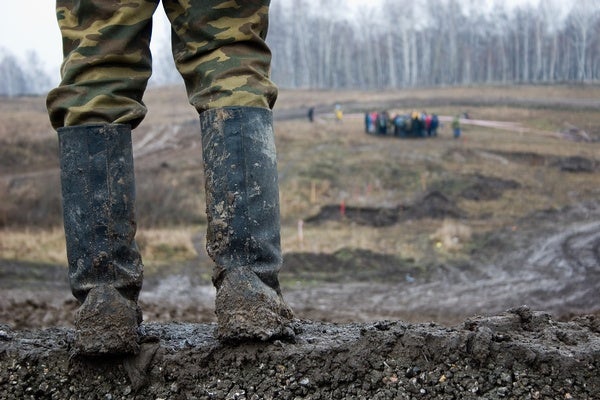 |
| |
| |
| |
| Engineering The First Lady of Engineering: Lost Women of Science Podcast, Season 3, Episode 1 Yvonne Y. Clark, known as Y.Y. throughout her career, had a lifetime of groundbreaking achievements as a Black female mechanical engineer. The third season of the Lost Women of Science podcast begins at the start of her story, during her unconventional childhood in the segregated South | | By Katie Hafner,Carol Sutton Lewis,The Lost Women of Science Initiative | | | |
| |
| |
| |
| |
| |
FROM THE STORE
 | | | |
| |
FROM THE ARCHIVE
 | | | |
LATEST ISSUES
 |
| |
| Questions? Comments?  | |
| Download the Scientific American App |
| |
| |



